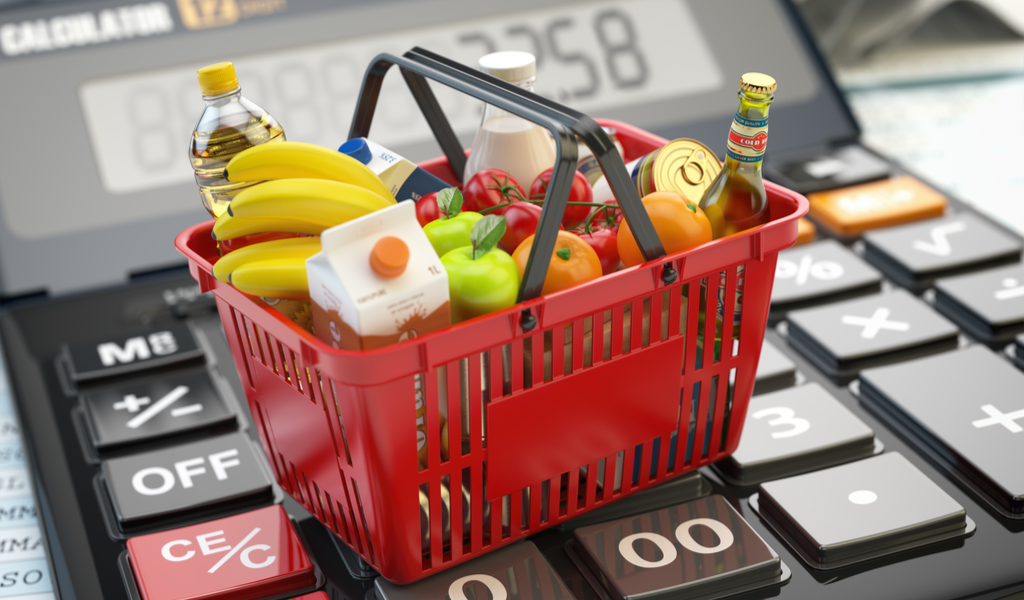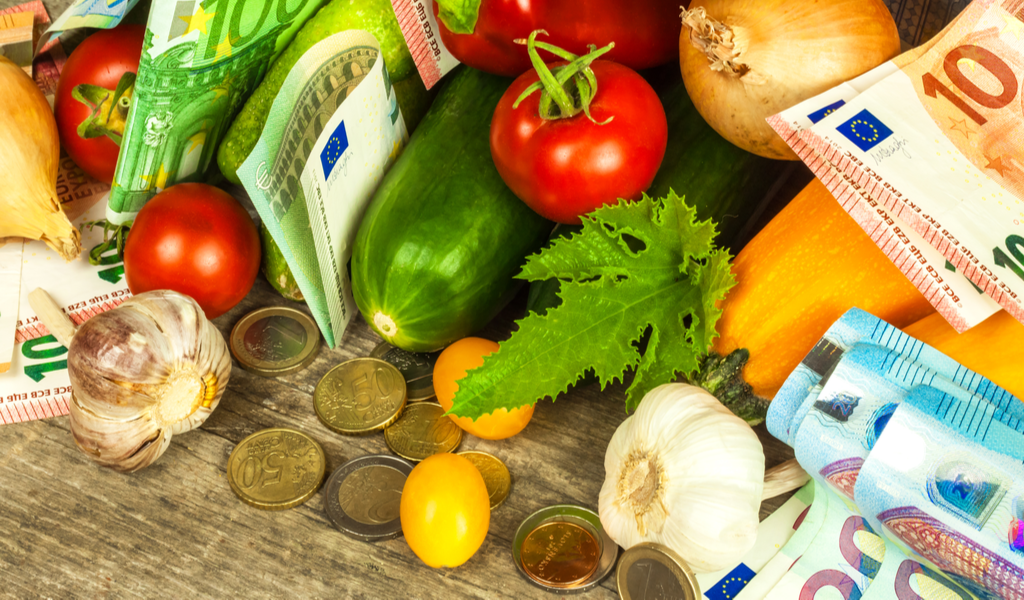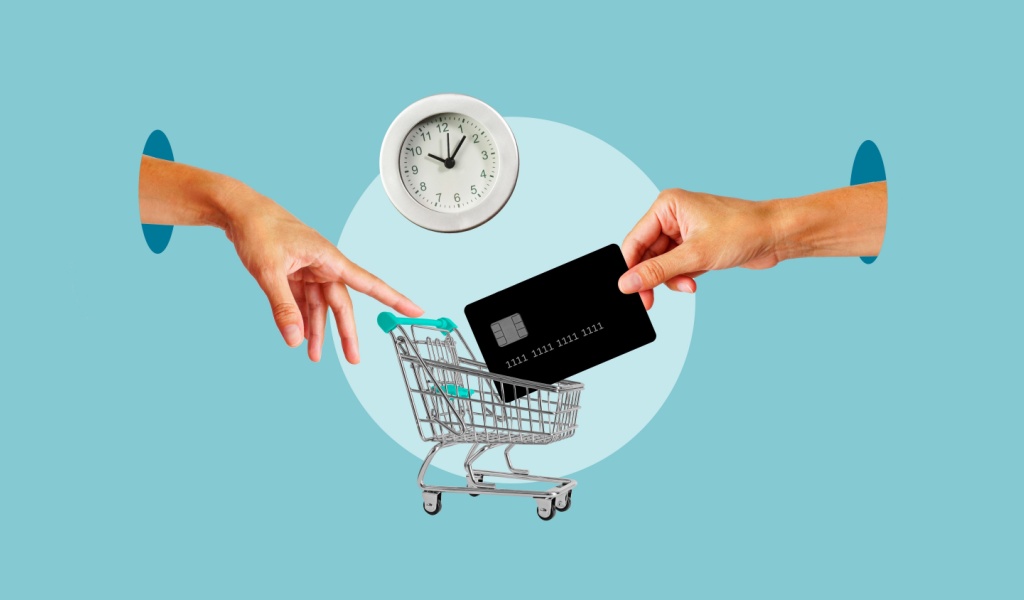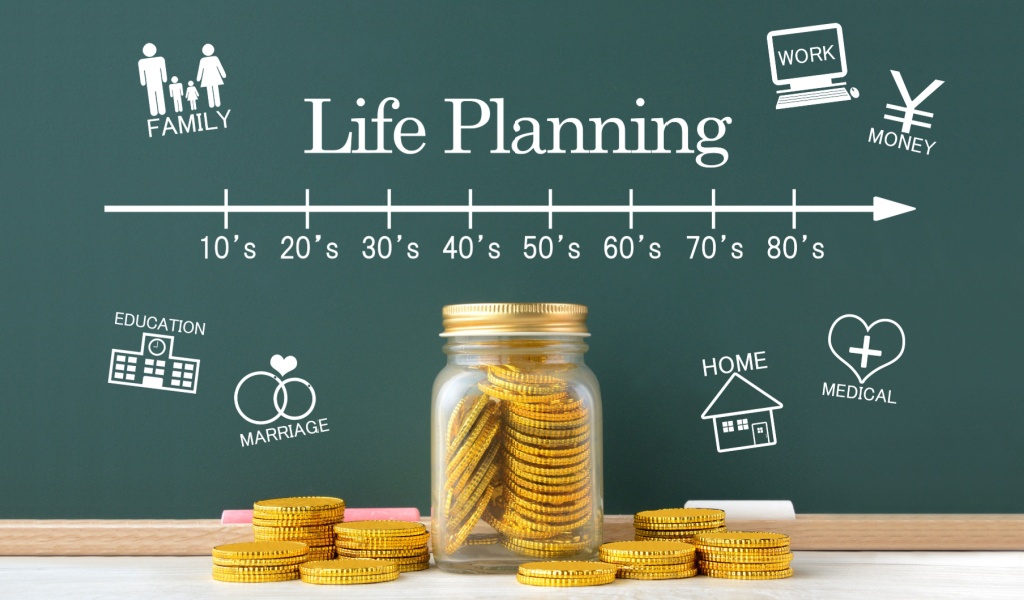One of the major factors that stop people from “eating healthy” is because they think it will cost more. The belief isn’t unfounded, because marketing gimmicks and poor planning can lead to a heftier grocery bill when you’re consciously trying to eat healthy food.
However, it doesn’t have to be that way. Eating healthy means eating fresh food, lots of fruits, vegetables, whole grains, etc. These in themselves are not expensive. You just have to know how best to save money and eat healthy at the same time. Here are some simple tips to do just that!

Grow Your Own
Starting up a vegetable garden is something you need to dedicate a lot of time and energy to, so it shouldn’t be something you do haphazardly. However, harvesting and eating produce that you’ve grown yourself is incredibly satisfying. Not only is it cost-effective, but it is also a great motivator to keep eating healthy too. You don’t need to grow every vegetable, and if you still feel intimidated, start with a few planters of herbs on your windowsill.
New from Old
When buying and storing fresh produce, it can be difficult to keep track of what should be used up when. The result? A bunch of browned bananas. However, not all “old foods” are destined for the bin. For example, blackened bananas may not be pleasant to eat but they are perfectly safe to eat. In fact, they are sweeter like that, which makes them the perfect thing to bake with (banana bread, muffins, etc.). Several other overripe fruits go well in smoothies too!
Buy Frozen
People are often apprehensive about buying frozen produce because they think not fresh equals not nutritious. However, nothing could be farther from the truth! Frozen vegetables and fruits have the same nutrition as fresh ones, and they are often cheaper and will last for months! They are also pretty convenient for whenever you may need a quick side for a meal and they might even taste better because frozen produce is often harvested at the peak of the season.
Shop for Groceries Online
We’ve all become quite familiar with this concept over the past year. However, the benefits of shopping for groceries online are more than not having to get out of the house. When shopping online, you are less likely to come across products that tempt you since you aren’t wandering through endless aisles stocked to brim with colorful and tempting things. This means you’re less likely to pick up that new brand of potato chips on impulse.
Make a Grocery List
…And stick to it!
Going to the grocery store without a proper list is nothing short of a suicide mission for your wallet. You should make a thorough list and vow to stick to it at all times. Steer clear of impulse buys! Meal prepping is an excellent way to do this because you know exactly what you’re going to need to prepare food for the next few days ahead. There’s no guesswork involved or “what if”s.
Buy More When in Season
It is a fact that fruits and vegetables are cheaper when they’re in season (and also taste better). They also contain lots more nutrition when in season. So, it only makes sense to buy lots of them and enjoy them when they are the best. You can even freeze them to be enjoyed all year-round!
Sales, Deals, and Beyond
Stay on the lookout for healthy foods that are on sale or discount at the grocery store. Most grocery stores today even publish their offers online in advance. This can help you plan your meals for the week ahead by incorporating what you see on sale.

Double Up on Ingredients
When you are planning your meals out for the week, think of ways you can use the same produce in two or more different ways. For example, eggplants could be roasted and served on the side of protein for dinner, and they can also be made into a dip/spread and served with pita. This helps you save money because you can buy a larger quantity and you can cut down on buying too many items.
Stock up on Dried Rations
Always have a stock of dried rations such as rice, beans, and legumes on hand. When you buy in bulk, you can get a cheaper price, and they will last a lot longer too. Dried chickpeas, for example, are a lot cheaper than the canned kind. They can be cooked easily too; you just need a bit of preplanning as they need to soak overnight.
Rice, beans, lentils, etc. can make a tasty, nutritious and filling meal when paired with protein or carbs.
Meal Prep
Not only is meal prepping one of the best ways to save some money, it also saves you a lot of time since you don’t have to cook 3 times a day! Plus, it is a good motivator to eat healthy because the food is already prepared and you don’t need to resort to ordering takeout when you’re feeling tired or lazy. You can also purchase produce in bulk when meal prepping, which is another way to save.
Store Your Grains in Jars
Storing your grains in see-through jars is a way to trick yourself into cooking them. It’s a simple psychology: the more you see them, the more you’ll be motivated to cook them. It is also way more convenient and safer to store them in jars than in the bag they come in. This way, they are less likely to sit in the back of your pantry cupboard and gather dust.
Shop at the Local Farmers Market
If you have a local farmer’s market near where you live, don’t miss the opportunity to get some amazing deals. Vendors at a farmer’s market are usually the farmers themselves, and cutting out the middleman means a cut in the price as well.
And there’s no denying that the products that you get at farmer’s markets are actually better in quality. Your local grocery store may have great produce, but buying them directly from the source is definitely better. Plus, a weekly trip to the farmer’s market can be a fun family activity as well. It will also make you appreciate the food you eat more.
Skip the Organic
There’s no denying the fact that if it has the organic label on it, it costs more. Buying organic food, frankly, isn’t worth the inflated cost and is not practical either. If your family has made the choice to eat organic food, that’s great, but I hope you’ve set aside a significant portion of your budget for that! A more cost-effective option would be to grow your own produce at home!
Make Sure You Eat All of It
Buying things in bulk and because they’re on sale are a good way to save money, but not if they go to waste. So, a good deal shouldn’t be the only reason you buy something. Before putting something in your cart, ask yourself “Am I really going to eat this?” If the answer isn’t a resounding yes, put it back!
Another thing to remember that buying snacks in bulk is not the way to go. That’s the exact opposite of eating healthy! In short, whatever you buy, whether it is on sale or not, should be bought with a purpose. Say no to wastage!



